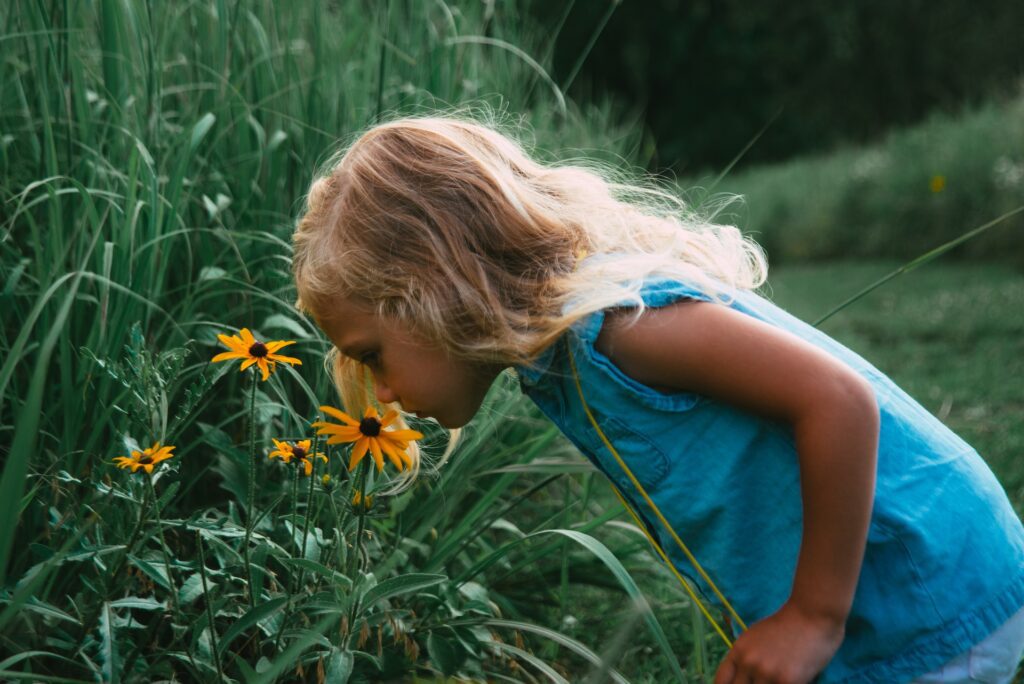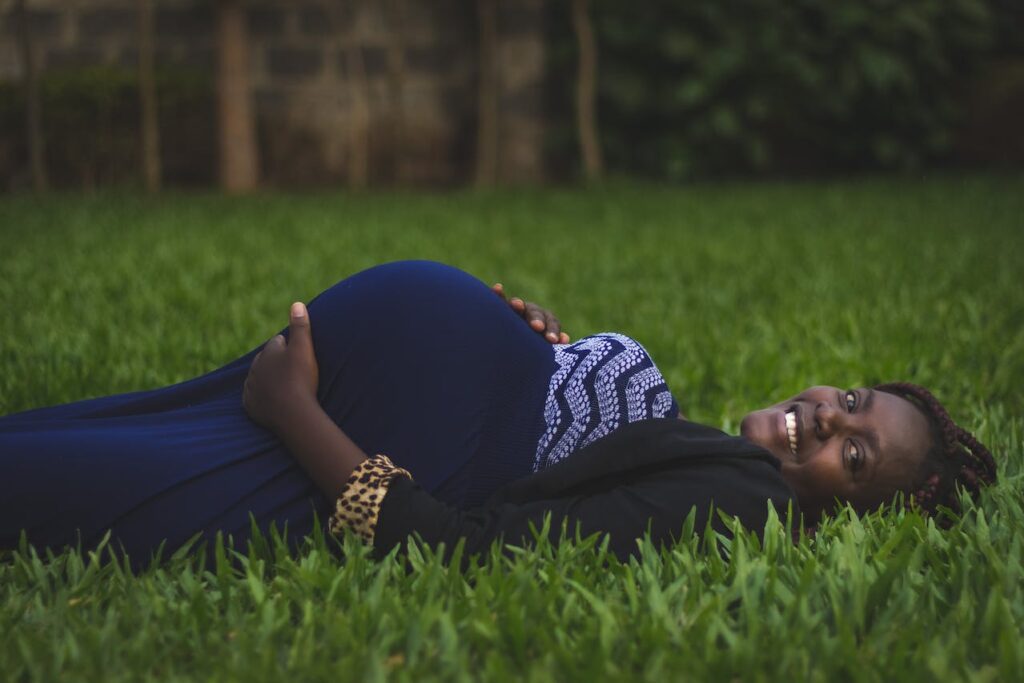Recognize symptoms, monitor pollen levels, and protect your child with these practical tips for coping with pollen allergies in springtime.
- Identify Allergy Symptoms:
- Be aware of symptoms like runny nose, sneezing, itchy eyes, throat irritation, and cough. Consult a professional for accurate diagnosis and an effective treatment plan.
- Track Pollen Density:
- Monitor pollen levels through weather reports and online sources. Adjust outdoor activities based on high pollen days to reduce the risk of allergic reactions.
- Choose Appropriate Attire:
- Dress your child in long sleeves, wide-brimmed hats, and sunglasses to minimize contact with pollen. This helps prevent skin, hair, and eye exposure to allergens.

- Minimize Indoor Pollen:
- Regularly clean your home to prevent pollen accumulation. Keep windows closed and use air filters to block pollen entry. Wash your child’s clothes and encourage a shower after outdoor activities.
- Enjoy Good Weather Safely:
- Take advantage of low pollen days with mild weather. Plan outdoor activities on calm, less windy, and rainy days to minimize allergic reactions.
- Utilize Allergy Medications:
- Consult a healthcare professional for suitable allergy medications. Antihistamines, decongestants, and nasal sprays can help alleviate symptoms. Adhere to the doctor’s recommendations for proper usage.
- Consider Allergy Shots:
- In persistent cases, discuss allergy shots or immunotherapy with your doctor. This long-term solution strengthens the immune system against pollen, reducing allergic reactions over time.
- Educate Your Child:
- Inform your child about pollen allergies and preventive measures. Encourage their active involvement in safeguarding their health, fostering lifelong habits for overall well-being.

